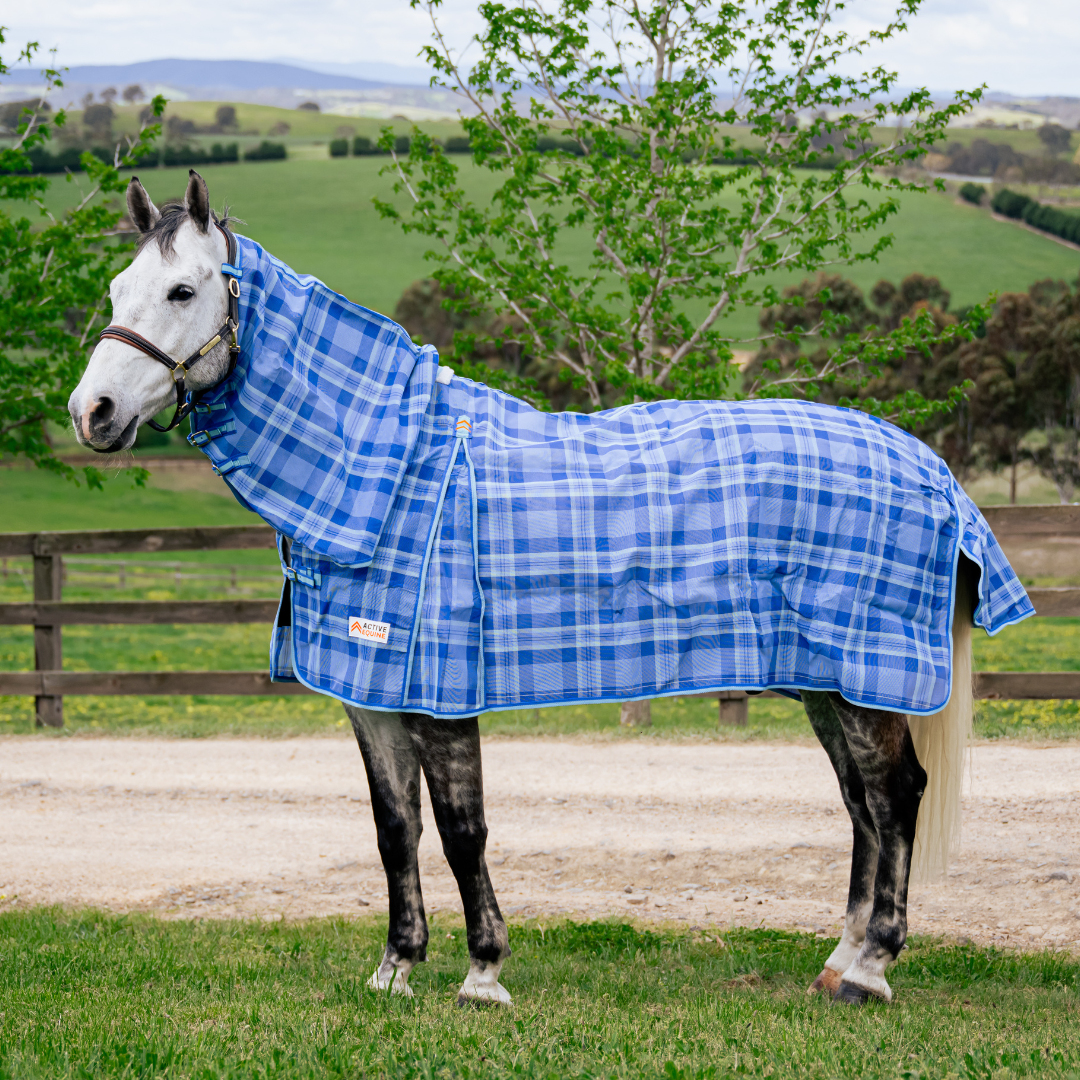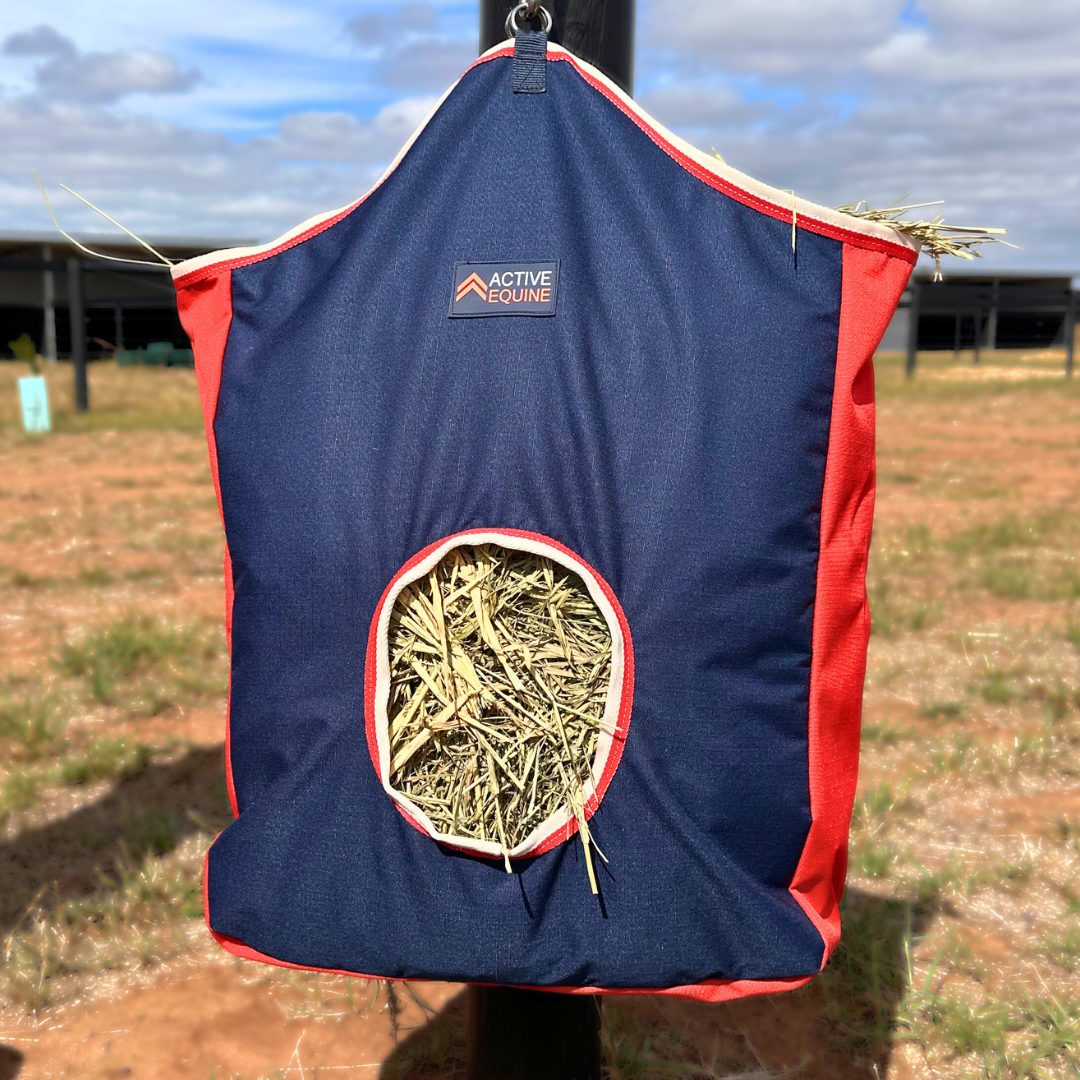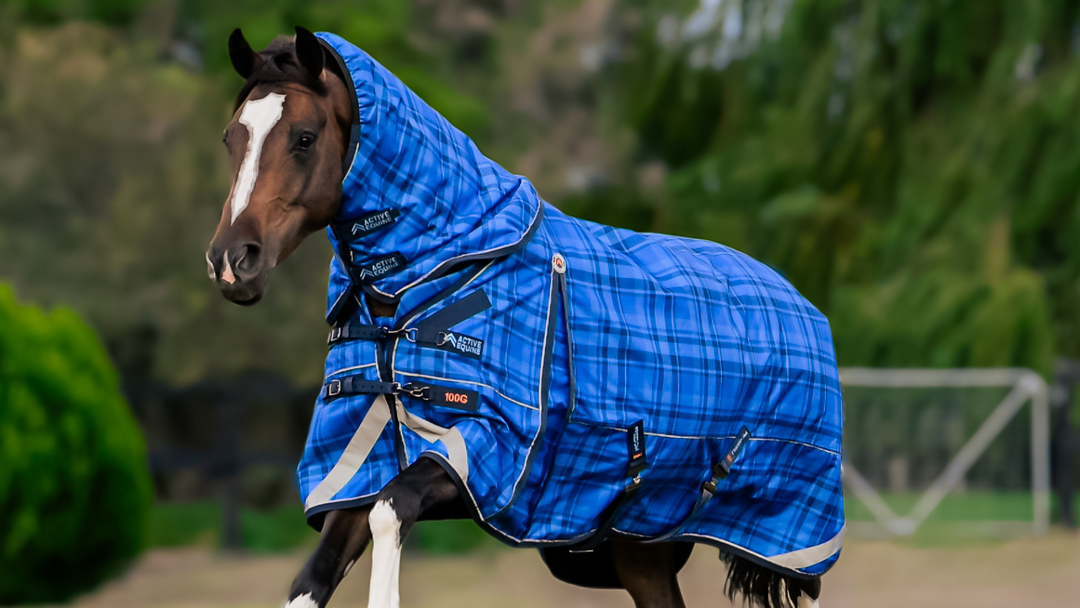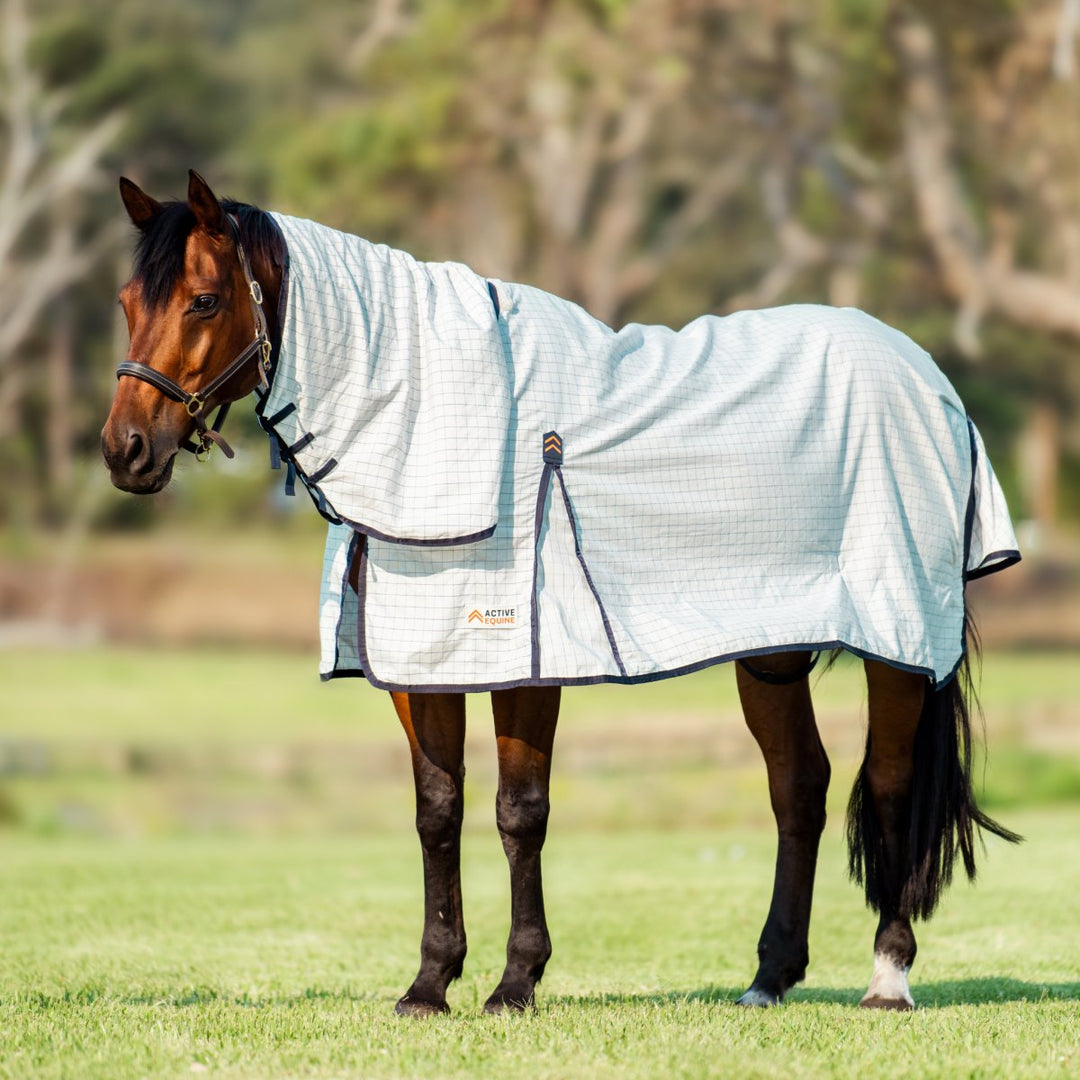Saddle Pad Care and Maintenance: Tips for a Longer Lifespan
Saddle pads are a vital piece of equestrian equipment. They are crucial in optimising the fit of your saddle and your horse's comfort; therefore, it is essential to care for and maintain them properly to ensure a longer lifespan. Here wel provide some handy tips to better care for and maintain your saddle pads.
Clean Regularly
One of the most important things you can do to care for your saddle pads is to clean them regularly. Dirt, sweat, and grime can accumulate on the pad's surface and, if not removed, can cause irritation or even infection on your horse's skin.
Tack tip - a regular quick clean of your saddle pad saves time and effort. First, remove any hair or debris using a stiff brush. Then, use a mild soap and water solution to wash the pad, avoiding the saddle pad's straps or any leather trim. Rinse the pad thoroughly and hang it up to dry.
Rotate Your Saddle Pads
A simple way to ensure a longer saddle pad lifespan is to rotate them. Using the same saddle pad every day can cause it to wear out faster and create pressure points on your horse's back.
Tack tip - By rotating your saddle pads, you allow each pad to rest and recover, reducing wear and tear. This simple tip is critical to ensuring your horse is comfortable during every ride.
Use a Saddle Pad Liner
A saddle pad liner is a great way to protect your saddle pad from sweat and dirt. These liners are designed to be placed between the saddle pad and your horse's skin, absorbing sweat and preventing it from seeping into the saddle pad. They are also easy to clean and can be replaced regularly.
Use a Saddle Pad Bag
If you want to protect your saddle pads while not in use, consider using a saddle pad bag. These bags are designed to hold and protect your saddle pads, ensuring they are not damaged during transport. They are also a convenient long-term storage option that can help keep them clean and dust-free.
Check for Wear and Tear
Regularly inspect your saddle pads for any signs of wear and tear. Wear and tear can include rips, holes, or uneven padding. If you notice any damage, it is vital to replace the saddle pad to prevent any discomfort or injury to your horse.
Tack tip - While it may be tempting, cheaper saddle pads are generally not very durable. By investing in quality saddle pads, you can rest assured that your horse will remain comfortable and protected, and your saddle pads will last longer.
Avoid Using Harsh Detergents
When washing your saddle pads, avoid using harsh detergents or bleach, as these can damage the material and cause it to deteriorate faster. Stick to mild soap and water solutions, and always follow the care instructions provided by the manufacturer.
Tack tip - harsh detergents will likely leave residue unless thoroughly rinsed out. This residue can irritate sensitive skin.
Drying
After washing your saddle pad, it is essential to dry it properly to prevent the growth of bacteria and mould. Avoid using a dryer or direct sunlight, which can damage the pad's fibres and cause shrinkage. Instead, hang your saddle pad in a well-ventilated area, away from direct sunlight, until it is completely dry.
Tack tip - fluffing the pad can help maintain its shape and prevent clumping of the filling.
Store your saddle pads properly
After you have cleaned and dried your saddle pads, it is essential to store them correctly to keep them in good condition. Ensure the saddle pads are stored in a clean, cool, dry place away from moisture, direct sunlight, and heat sources. If possible, use a saddle pad storage bag or a plastic container to keep them dust-free and protect them from bugs and rodents. Avoid storing your saddle pads in the bottom of your tack trunk or on the floor, where they can get dirty or crushed.
Tack tip - avoid storing your saddle pads in a tight space, as this can cause a loss of product shape and structure.
Proper care and maintenance of your saddle pads will save you money in the long run and provide your horse with a comfortable and safe riding experience.
Whether you use half saddle pads, dressage saddle pads, non-slip saddle pads, or jump saddle pads, following these tips, you can prolong the product’s lifespan and ensure they remain in good condition.
As always, if you need more information, contact us here, and we’ll get back to you and help answer all your questions.







